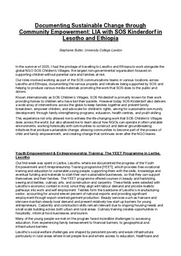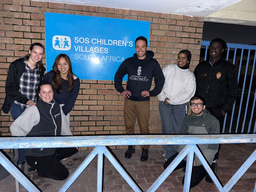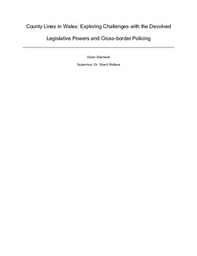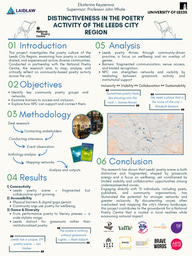Beyond Access: Disabled Children's Experiences of Belonging in UK Cathedral Choirs
This study investigates how disabled children experience participation in UK cathedral choirs using semi-structured interviews with two choristers with neurodivergent conditions alongside their parents, as well as questionnaires of five Directors of Music. It uses the social relational model of disability, alongside other approaches from critical disability studies. Inductive thematic analysis revealed difficulties choristers faced when negotiating access in traditional spaces; the investments of time, energy, and trade-offs; and their complex experiences of belonging and being different. Together, these emphasise the importance of structural support and willingness to learn, centring disabled children’s voices as active participants and knowledge-holders in creating change. This study demonstrates that disabled choristers already belong in cathedral spaces, asking us to reimagine the traditions we inherit to not just include but lead change for and with disabled choral singers within and beyond the cathedral music sector.





Please sign in
If you are a registered user on Laidlaw Scholars Network, please sign in